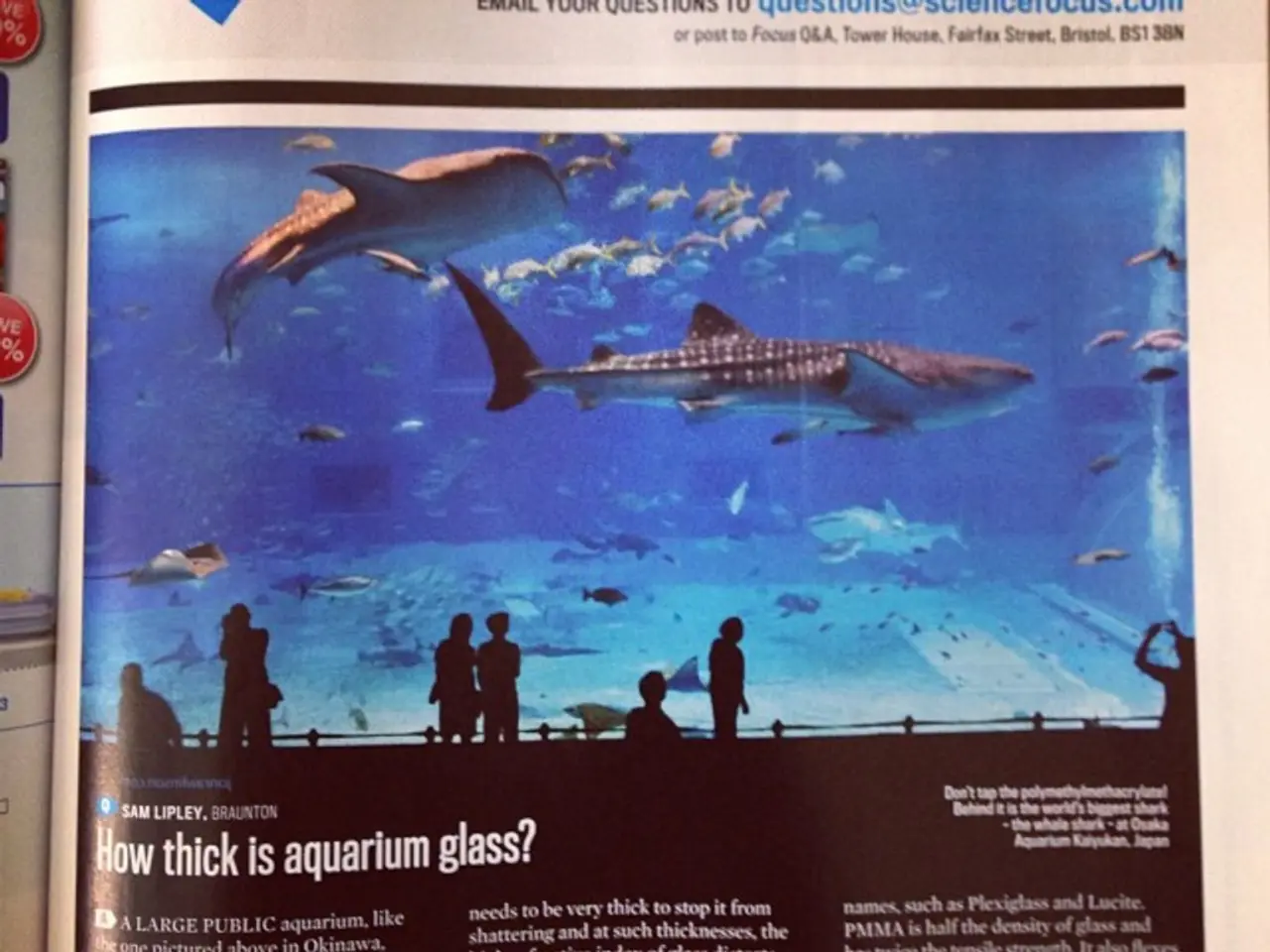Budget Legislation Criticizes Electric Vehicles and Reinforces Import Taxes
The Trump Administration's recent budget bill, which has been passed by both houses of Congress, includes several provisions that are reshaping the U.S. auto industry and electric vehicle (EV) market.
One of the most significant changes is the removal of EV tax incentives, a move that has raised concerns about the competitiveness of the U.S. auto industry compared to China and Europe. The tax credits, instrumental in driving EV adoption, made EVs more affordable, especially for lower- and moderate-income families. Their elimination is expected to slow the growth of the EV market, with industry forecasts predicting EVs will constitute only 27% or less of U.S. car sales by 2030, down from the previous prediction of 48%.
Over 87% of EV buyers in 2024 utilized the tax credit, which was a key factor in their purchase decisions. Without these incentives, the economic rationale for many buyers, especially on price-sensitive budgets, weakens significantly. The removal of tax credits, coupled with additional financial burdens such as new EV registration fees and the revocation of California’s authority to enforce stricter emissions standards, is estimated to impose an estimated $33 billion societal cost.
The budget bill also extends the Trump Administration's 25% tariffs on autos and auto parts, which could raise the costs of new vehicles by $3,000-$6,000 on average. This, combined with the removal of EV tax incentives, could potentially lead to a slowdown in U.S. auto sales, with economists fearing a recession if consumer spending declines due to tariff-induced inflation and reduced auto affordability.
The Alliance for Automotive Innovation, an industry group, supports the Advanced Manufacturing Production Credit in the recent budget bill, but expresses concern about the phase-out of the EV tax credits, stating it will be extremely challenging to EV adoption and hurt consumer affordability.
Meanwhile, countries like Germany, Japan, and South Korea, which have no tariffs on foreign-made automobiles and parts, have stated that the default 25% tariffs on their countries are not tenable. President Trump has vowed new 10% tariffs on countries that seek alignment with the "Anti-American policies of BRICS," but has not been able to cut new trade deals with countries he is tariffing.
Critics argue that the expiration of the electric-vehicle tax incentive will result in stranding EV investments made by automakers and undermine the auto industry's competitiveness compared with China and Europe. As the federal electric-vehicle tax incentive is set to expire on Sept. 30, battery-electric and hybrid vehicles could become more expensive for consumers, potentially slowing EV adoption.
In summary, the Trump Administration's policies are expected to have significant impacts on the U.S. auto industry and EV adoption. The removal of EV tax incentives and related policy rollbacks are expected to dampen U.S. EV adoption, impair the ability of domestic automakers to compete effectively against China and Europe, and slow the transition toward cleaner transportation in the U.S. J.D Power's forecast for the second half of 2025 anticipates a slowdown in U.S. auto sales, following a stronger first half. TD Economics estimates U.S. auto sales could drop 10%-20% the rest of this year and into 2026, with ripple effects on the neighboring economies of Canada and Mexico.
The budget bill, affecting the U.S. auto industry, not only extends the administration's tariffs on autos and auto parts, potentially increasing vehicle costs, but also removes EV tax incentives, a key factor in EV adoption, which may lead to a slower adoption rate of electric vehicles and hinder the auto industry's competitiveness compared to countries like Germany, Japan, and South Korea.
The removal of tax incentives and the imposition of new financial burdens, such as EV registration fees, coupled with the revocation of stricter emissions standards in California, may impose a significant societal cost of $33 billion and pose a challenge for EV adoption due to reduced affordability for many consumers.





